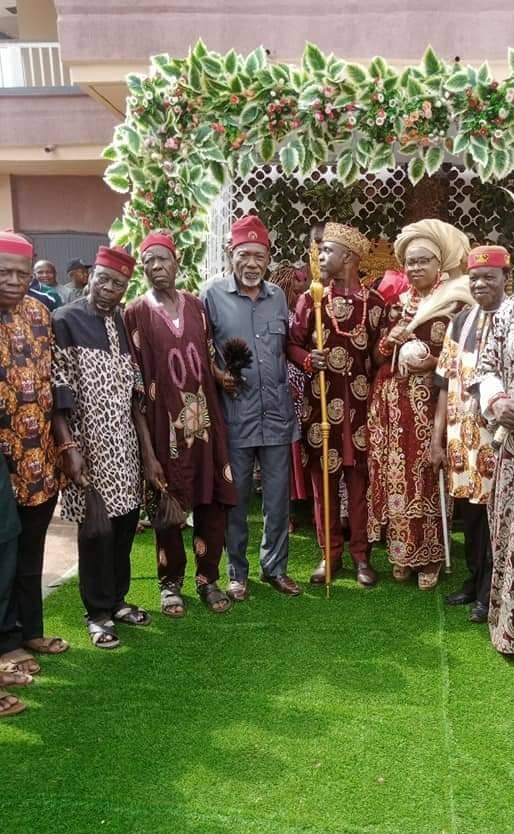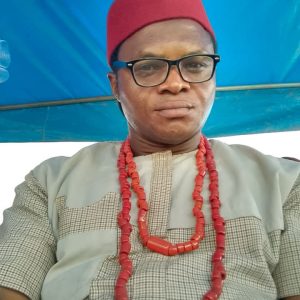AUTONOMOUS COMMUNITY IN IGBO LAND: THE BRIGHT AND THE DARK SIDES

By Okechukwu Ugwu
An autonomous community is an area carved out from an existing town under the leadership of a Warrant Chief.
The massive rise in the creation of autonomous communities across Igbo land is a noteworthy development. The vehemence with which towns clamour for new autonomous communities is an evidence of its relevance in the development of the people.
In April 2023, a committee on the creation of autonomous communities in Enugu State recommended 353 new autonomous communities to the state government out of the 700 demanded by towns across the state. Similar situations have been witnessed in all other states of the Southeast, Nigeria.
To state it squarely, the creation of new autonomous communities has become a vital factor for development. Since the civil rule dispensation of 1999, the spread of development has increasingly been on the basis of communities. For instance, the Anambra State development strategy, since the Peter Obi administration, includes the disbursement of 40 million Naira each, in two phases, to each community of the state, to carry out projects of their choice. In Enugu, the CDP (Community Development Project), is a development strategy by which the government provides counterpart funding to communities for the execution of community-initiated projects, using direct labour within the community.
Clearly, the autonomous community system has become the surest way through which an Igbo town can clinch its share of public benefits. Apart from this, autonomous communities create a drive in private individuals and groups to engage in community development philanthropy, which is embedded in the traditional system of the Igbos. By virtue of this, many towns have built civic centres, electricity, water and road infrastructures, as well as markets and schools.
While we note the value of the autonomous community system, we must be conscious and wary of its far-reaching dangers. The new style autonomous community system, which is a culmination of the colonial warrant chieftaincy system, has four basic problems. First, it is basically the proliferation of Kings. The new warrant chiefs usually usurp the roles of the community elders, and those of youths and women. This is because there is hardly any natural role for a king in the republican Igbo society. Some warrant chiefs soon become greedy tyrants, charging community members money for appending signatures on their documents, grabbing lands, and leasing out lands to Fulani herders without community consent.
This problem is best appreciated in Chinua Achebe’s comments in “There Was a Country”. He said “The Igbo are a very democratic people. The Igbo people expressed a strong anti-monarchy sentiment–Ezebuilo–which literally means, a king is an enemy. Their culture illustrates a clear-cut opposition to kings, because, I think, the Igbo people had seen what the uncontrolled power of kings could do. There is no doubt that in their history they experienced the high-handedness of kings, so they decided that a king cannot be a trusted friend of the people without checks and balances. And they tried to construct all kinds of arrangements to whittle down the menace of those with the will to power, because such people are there in large numbers in every society. So the Igbo created all kinds of titles that cost much to acquire. Aspirants to titles, in the end, become impoverished in the process and end up with very little. So that individual begins again, and by the time his life is over, he has a lot of prestige but very little power.”
The second problem is that people confusingly create grave dentures on history by referring to their new autonomous communities as ancient kingdoms, and describing their kings with such awkward names even as imperial majesty. There is no community in Igbo land that qualifies as a kingdom, let alone an ancient one.
Thirdly, autonomous communities create disunity and new conflicts. Because of the lack of any monarchical precepts, eligible men engaged in fierce struggle for the throne, creating long-lasting divisions in the community.
Fourthly, the demand for an autonomous community is an endless quest. If not controlled, it will lead to infinitesimal division of communities, up to the level when each Umunna becomes an autonomous community with a king.
It is important to consciously note that the autonomous community system is not a necessity from the people’s perspective. It is an administrative evolution for ease of politics. It was not initiated originally with the people’s welfare in mind. So, while we embrace the beauty of autonomous communities, let us brace ourselves for their embarrassing conditions.



